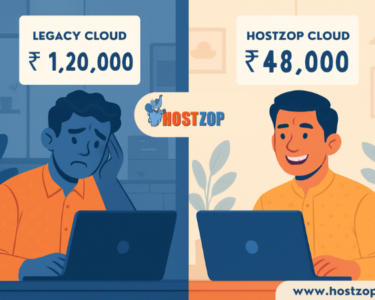As the world grapples with climate change, resource scarcity, and increasing consumer demand for sustainable products, green business is no longer a fringe movement—it’s the future of commerce. In 2025, the eco-friendly business sector is experiencing a massive boom, marked by innovation, government backing, and a fundamental shift in consumer values. Here are the key business facts fueling the rise of green businesses in 2025.
1. Green Startups Are Among the Fastest-Growing in 2025
In 2025, green startups are growing at unprecedented rates. According to a report by Cleantech Group, startups offering sustainable alternatives to energy, packaging, and consumer products have seen a 60% year-over-year increase in venture capital investment. Sectors such as renewable energy, circular economy solutions, sustainable fashion, and plant-based food alternatives are thriving.
One major driver of this growth is the increased affordability of sustainable technologies. Solar panel prices have dropped by over 80% in the last decade, while battery storage technology has improved significantly, enabling businesses and consumers to adopt clean energy at scale.
2. Government Policies Are Accelerating the Green Shift
Legislation in 2025 has become more aggressive in addressing climate change and encouraging green business practices. Countries across Europe, North America, and Asia have introduced tax incentives, carbon credits, and strict environmental compliance standards.
For example, the European Union’s Green Deal has set a benchmark for climate-neutral economic models, offering substantial grants and subsidies to businesses that meet sustainability criteria. The U.S. Green Innovation Act of 2024 introduced new funding for research and startups focused on carbon capture, renewable energy, and sustainable agriculture.
These policy shifts have significantly lowered the barrier to entry for eco-conscious entrepreneurs, allowing green startups to flourish and compete with traditional businesses.
3. Consumers Are Driving the Demand for Sustainability
Consumer behavior has undergone a radical transformation. A 2025 Nielsen survey revealed that 78% of global consumers are willing to pay more for sustainable products, up from 55% just five years ago. Millennials and Gen Z, now representing a major portion of the consumer base, are prioritizing environmental impact in their purchasing decisions.
This shift has forced companies of all sizes to rethink their supply chains, packaging, and product offerings. Brands that fail to adopt sustainable practices risk losing market share and brand trust. On the flip side, businesses that integrate green practices are seeing increased loyalty, improved brand image, and access to a rapidly growing market segment.
4. Corporate Sustainability is Becoming a Competitive Advantage
Sustainability is no longer just a moral obligation—it’s a business strategy. Companies with clear environmental, social, and governance (ESG) goals are outperforming competitors on stock markets and attracting top-tier talent.
According to Bloomberg, ESG-focused companies reported a 22% higher return on equity in 2025 compared to their non-ESG counterparts. Furthermore, green companies are attracting better employee retention rates, particularly among younger workers who prioritize purpose-driven work environments.
Corporations are also entering the green space through partnerships and acquisitions. Major food and beverage companies are investing in sustainable packaging startups, while fashion giants are aligning with textile recycling innovators to reduce waste.
5. Green Tech Innovation is Disrupting Traditional Industries
Technological innovation is at the core of the green business boom. Startups are leveraging AI, IoT, and blockchain to track carbon footprints, optimize resource use, and ensure supply chain transparency.
In the energy sector, smart grids and decentralized renewable energy systems are transforming how electricity is generated and distributed. Meanwhile, in agriculture, vertical farming and AI-powered irrigation systems are minimizing land and water use while maximizing yield.
Perhaps the most exciting innovations are emerging in the materials space. Bioplastics, lab-grown leather, and biodegradable packaging are offering sustainable alternatives to petrochemical-based products, reducing environmental harm across industries.
Conclusion: Green Business Is Not a Trend—It’s a Transformation
The rise of green business in 2025 reflects a broader transformation in how the world approaches growth, innovation, and responsibility. What was once considered idealistic or impractical has now become economically viable and socially demanded.
Fueled by supportive policies, shifting consumer expectations, and groundbreaking technologies, green businesses are positioned not just to survive, but to lead the way in a sustainable global economy.
Entrepreneurs who prioritize environmental impact, investors who back sustainable ventures, and consumers who choose green products are all contributing to a more resilient and ethical future. In this new era, being eco-friendly is no longer a niche advantage—it’s a defining feature of success.




